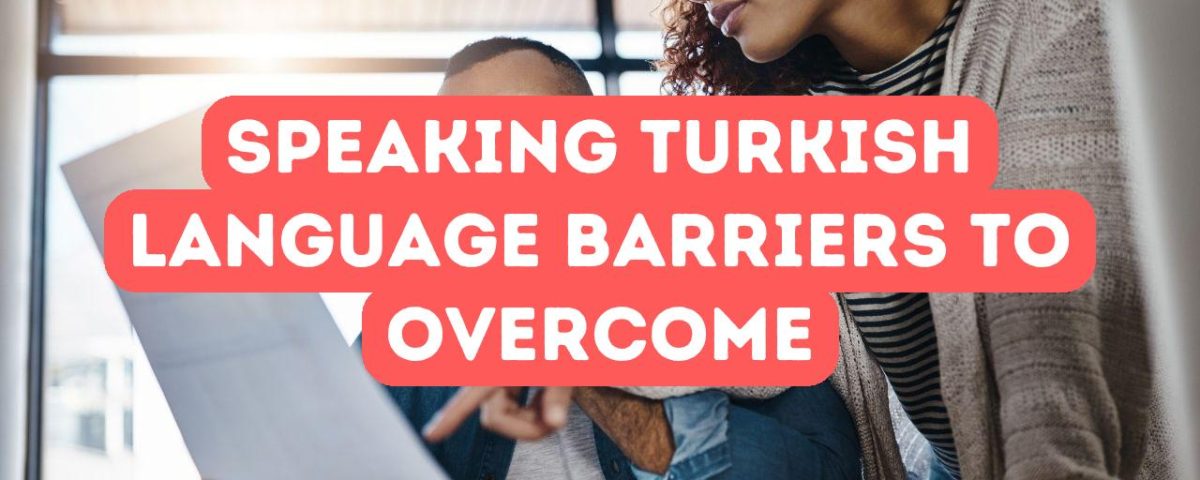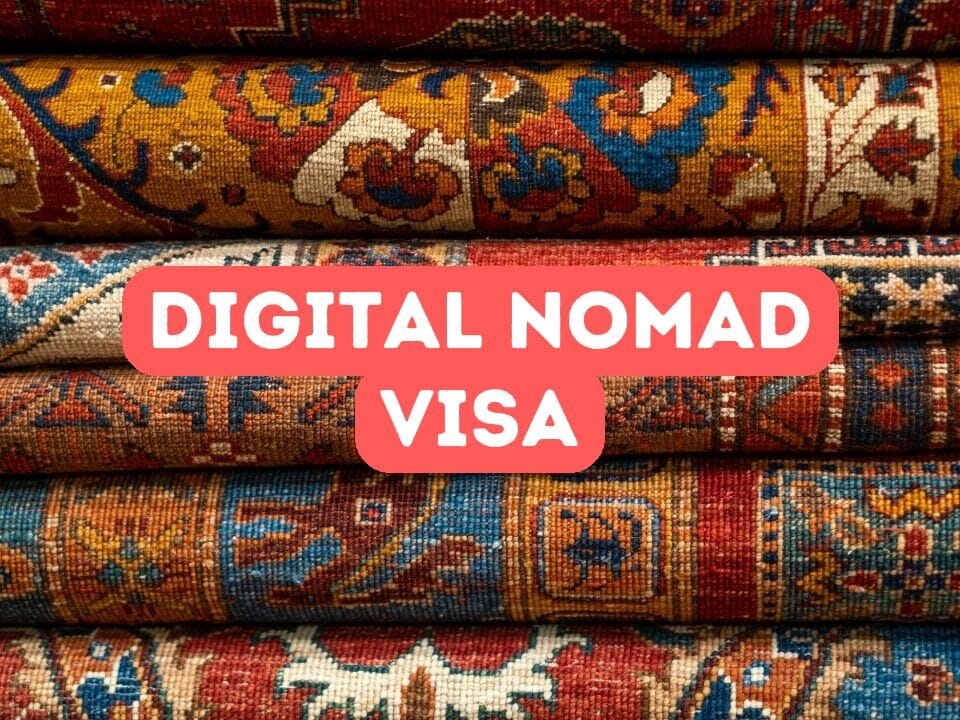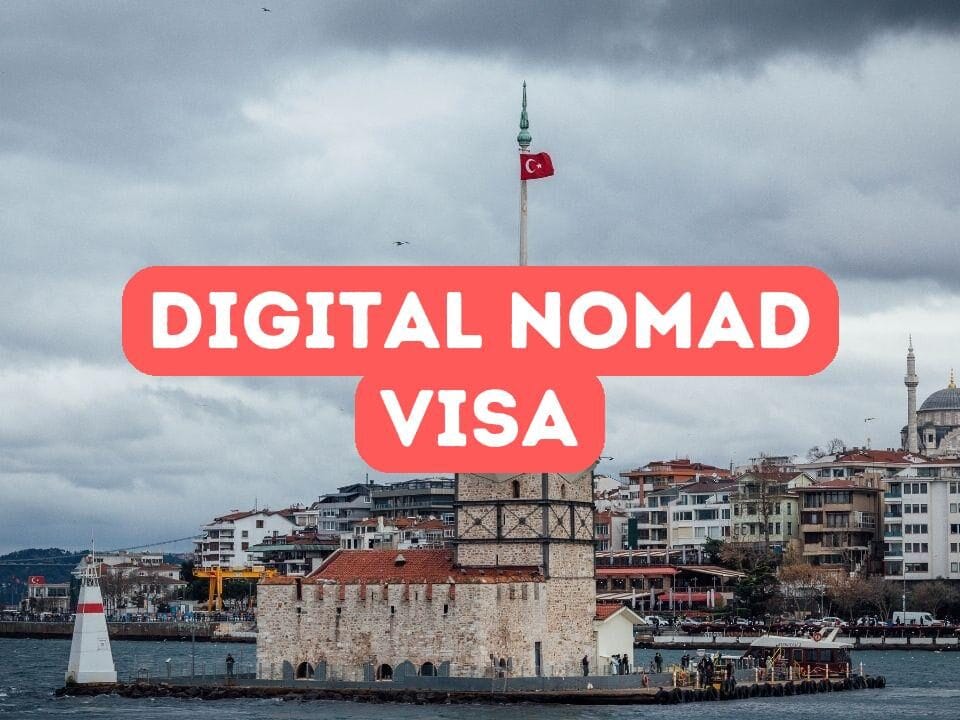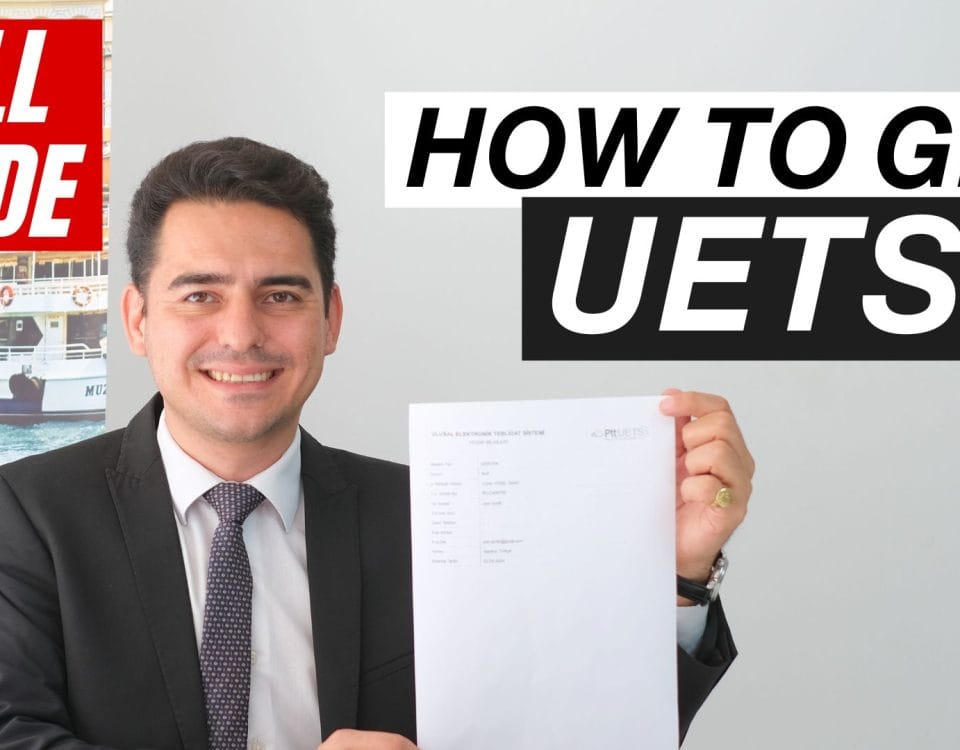Language Barriers: Overcoming Difficulties for Non-Turkish Speakers
Navigating a new lingual landscape poses a unique set of challenges that can be particularly daunting for non-Turkish speakers immersed in Turkey’s rich and complex linguistic environment. Language barriers stand as formidable obstacles, often limiting access to essential services, cultural exchange, and social integration. Overcoming these hurdles necessitates a multifaceted approach that involves both individual tenacity and community support. Bridging the communicative divide is not only crucial for fostering personal growth and confidence among expatriates and immigrants but also plays an integral role in the cultivation of a more inclusive and interconnected society. This critical examination delves into the strategies and resources available to those who find themselves grappling with the intricacies of the Turkish language, highlighting the importance of linguistic competence in transforming barriers into gateways for opportunity and understanding.
Navigating Communication Gaps: Strategies for Non-Turkish Speakers
To navigate the pervasive communication gaps, non-Turkish speakers must embrace a proactive strategy that includes language immersion, the employment of technology, and seeking community support. Immersion remains the most natural form of learning, and non-Turkish speakers are encouraged to actively engage with the language in daily life, embracing mistakes as part of the learning curve. This can involve simple activities such as shopping at local markets, where interactions with vendors provide organic language practice. Additionally, leveraging technological tools such as language learning apps, online courses, and translation software can facilitate a more structured linguistic development, allowing learners to practice and improve their Turkish at their own pace. Equally important is finding a community of fellow learners or bilingual locals; such support networks can not only offer practical language help but also provide emotional encouragement, making the often arduous journey of language acquisition more enjoyable and effective.
Building on the foundations of immersion and technology, non-Turkish speakers should also explore formal education and structured language programs, whether in-person or online. Enrolling in a Turkish language course at a university or language institute offers the advantage of professional instruction and a curriculum that builds linguistic skills methodically. Such an environment fosters a disciplined approach to grammar, vocabulary, and pronunciation, and often provides invaluable opportunities for conversation practice with peers. However, the rigidity of scheduled classes might not suit everyone, particularly those with erratic work hours or personal commitments. In this case, flexible online platforms or private tutoring can tailor the learning experience to individual needs, accentuating practical communication skills that are most relevant to the learner’s life in Turkey, such as negotiating in business settings or expressing needs in healthcare contexts. Ultimately, formalized learning complements informal methods by providing a structured framework that ensures consistent progress and solidifies language skills over time.
Beyond structured learning and immersion, non-Turkish speakers can enhance their communicative competence through cultural engagement. Efforts such as attending Turkish film screenings, reading local literature, and participating in cultural workshops can not only improve language proficiency but also deepen understanding of the subtleties and nuances that direct translation can miss. Additionally, fostering relationships with Turkish speakers opens doors to everyday conversation practice and insights into the colloquial use of the language, which textbooks and formal courses often overlook. It is through these personal interactions and cultural experiences that language transforms from a mere tool of communication to a bridge towards a richer understanding of Turkey’s heritage and societal fabric. As linguistic barriers lower, the increased confidence and empowerment pave the way for greater integration and participation in the vibrant Turkish community.
Building Linguistic Bridges: Effective Techniques for Language Acquisition
One of the most effective techniques for overcoming language barriers is immersive language learning, where individuals are encouraged to integrate with native speakers and practice regularly in everyday scenarios. This method goes beyond the traditional classroom setting by allowing learners to adapt to the cadence and nuances of the language in a natural way. It’s not just about memorizing vocabulary and grammar rules; it’s about engaging with the language as it is authentically used, fostering understanding through real-life conversations. Language exchange meetups, social gatherings, and volunteering within Turkish communities offer invaluable opportunities to practice speaking, listening, and understanding. By stepping out of their comfort zone, non-Turkish speakers can rapidly improve their proficiency while simultaneously gaining insights into the subtleties of Turkish culture and societal norms.
Technological advancements have also paved the way for non-Turkish speakers to surmount linguistic barriers through a plethora of digital tools. Language learning apps, online courses, and virtual reality experiences create interactive and engaging platforms for mastering Turkish at one’s own pace. These resources oftentimes incorporate sophisticated algorithms and spaced repetition systems that efficiently enhance vocabulary retention and grammatical understanding. Moreover, accessibility to digital language partners and online communities further bolsters the learning process, facilitating connections with native speakers and language learners from around the world. These tech-based solutions serve as complementary aids, ensuring continuous language exposure and practice, which are essential for language acquisition and retention amidst busy schedules.
Cultural immersion programs present yet another impactful avenue for language acquisition, offering a structured blend of academic learning and real-world experience. Such programs often entail language courses coupled with cultural workshops, community involvement, and even homestays with Turkish families, allowing participants to live the language and not merely learn it. Through these engagements, learners absorb colloquialisms and idiomatic expressions while gaining a deeper appreciation for Turkey’s rich history, traditions, and social mores. This comprehensive approach not only accelerates the mastery of Turkish but also nurtures a sense of belonging and adaptability among individuals, facilitating a smoother transition into the local community and a greater affinity for the nation’s diverse cultural tapestry.
Mastering Multilingual Environments: Tips for Thriving as a Non-Turkish Speaker
Embarking on the journey to overcome language barriers in Turkey begins with a commitment to learning the language, something that need not be an isolating endeavor. Leveraging technology can serve as a powerful ally; language learning apps and online courses offer structured and interactive platforms that enable non-Turkish speakers to practice at their own pace. Beyond the virtual realm, attending Turkish language classes or workshops can provide essential instruction while also fostering a sense of community among learners. Equally important is the direct application of language skills in everyday scenarios. Engaging with local markets, participating in neighborhood gatherings, and conversing with native speakers are practical ways to immerse oneself in the language. These experiences not only contribute to linguistic proficiency but also to a deeper understanding of cultural nuances, which in turn can dramatically enhance personal and professional relationships within the Turkish context.
Navigating the landscape of a new language also entails understanding the significance of non-verbal communication. In Turkey, gestures, facial expressions, and body language constitute a substantial aspect of conveying meaning. Non-Turkish speakers can benefit from observing and mimicking these nuances to bridge the gap when words fall short. Furthermore, building a supportive network of bilingual friends or colleagues can provide immediate assistance during complex interactions such as government paperwork, medical appointments, or business negotiations. Joining expatriate groups, cultural exchanges, or online forums not only mitigates the sense of isolation often felt by foreigners but also offers platforms for language exchange, where one can teach their mother tongue while learning Turkish, creating a mutually enriching experience that accelerates linguistic acclimatization.
Finally, it’s essential to develop resilience in the face of inevitable misunderstandings and mistakes that accompany learning a new language. Persistence, coupled with a willingness to step out of one’s comfort zone, can transform daunting language barriers into milestones of personal achievement. Celebrating small victories, whether successfully navigating a conversation with a taxi driver or comprehending a local news broadcast, reinforces motivation and illustrates tangible progress. As proficiency grows, so does the confidence to engage more deeply with Turkish culture and society. Non-Turkish speakers should embrace every opportunity to use their burgeoning language skills, remembering that each interaction is a step toward fluency. Moreover, patience from both the learner and native speakers plays a pivotal role in this linguistic journey, making patience and a sense of humor invaluable companions. By combining practical language application, cultivating a supportive network, and maintaining a resilient mindset, non-Turkish speakers can indeed thrive within Turkey’s vibrant multilingual environment.






